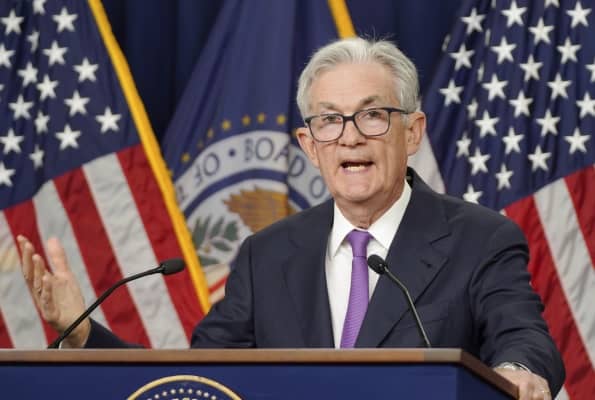Bussiness
Top 10 US Senators’ fortune exceeds $900 million – London Business News | Londonlovesbusiness.com

It is no secret that some of the most influential people in the United States are the country’s richest.
While the STOCK Act of 2012 aimed to provide transparency to the public about their legislators’ trades, it achieved only mixed results.
Indeed, Finbold’s research, completed in June 2024, found that the total wealth of the 10 richest Senators amounts to over $930 million.
Still, the liberties offered by the reporting standards allow the total figure to represent both a potential underestimate and an overestimate of as much as $600 million in each direction.
The upper bound for the cumulative wealth of these legislators reaches as high as $1.5 billion, while the lower stands at about $341 million.
Additionally, figures for various types of assets, such as certain retirement and savings accounts, gifts from family members, and many others, do not need to be reported.
This issue is evident in the fortune estimates for individual Senators. For example, Florida’s Rick Scott, the richest among the 10, is estimated to have over $280 million net worth.
The filings, however – covering 2022 as Scott requested a 90-day extension postponing the 2023 statement deadline until August 13 – reveal his fortune may also stand at a substantially higher $450 million or a far lower $112 million.
Why present Congressional financial reporting standards may be deficient
Undoubtedly, the richest Senators boast immense wealth, and old and recent events – such as the 2020 congressional insider trading scandal – have led to increased calls for reforms in Senators’ stock trade reporting standards.
Transparency issues gain an increasingly urgent tone when the accusations that actions such as the 2003 Invasion of Iraq were primarily driven by private financial interests, potentially to the detriment of the nation, are taken into account.
Andreja Stojanovic, a co-author of the research, said, “What makes the current deficiencies worse is that many of the events in which private, national, and personal financial interests were intermingled led to outcomes considered disastrous in 2024.”
Despite repeated promises, no reforms to the regulations governing congressional trading or financial disclosure requirements have succeeded by the time of publication.










